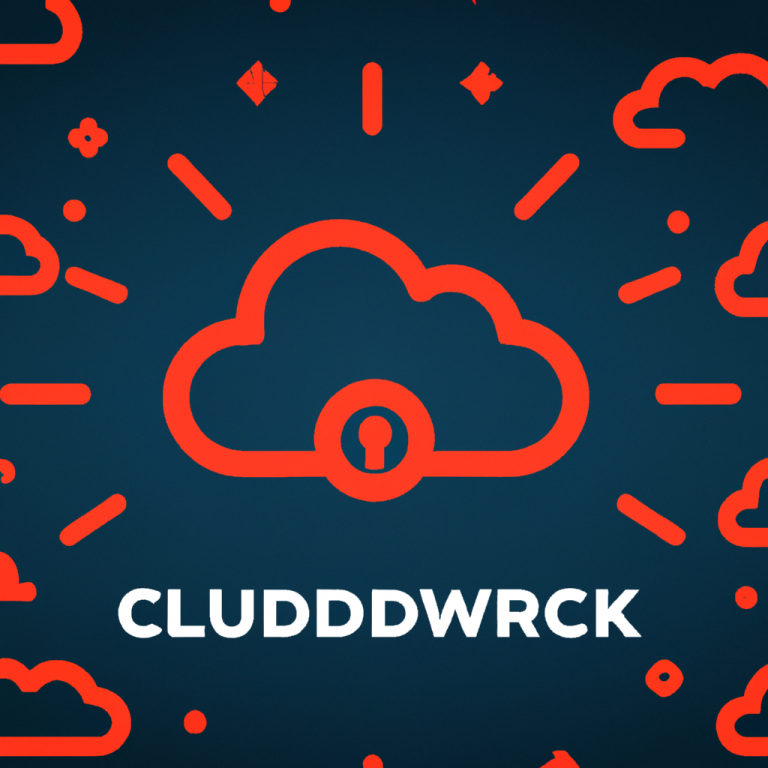Mastering Digital Marketing in 2024: A Comprehensive Guide
In the rapidly evolving digital landscape, staying ahead in digital marketing requires a deep understanding of current trends, technologies, and strategies. This comprehensive guide provides the insights and tools necessary to master digital marketing in 2024.
Understanding the Digital Marketing Ecosystem
What is Digital Marketing?
Digital marketing from Zapfacil encompasses all marketing efforts that use an electronic device or the internet. Businesses leverage digital channels such as search engines, social media, email, and websites to connect with current and prospective customers.
Key Components of Digital Marketing
- Search Engine Optimization (SEO): Enhancing website visibility on search engines.
- Content Marketing: Creating and distributing valuable content to attract and engage an audience.
- Social Media Marketing: Utilizing social platforms to promote products and interact with customers.
- Pay-Per-Click (PPC) Advertising: Paying for website traffic through ads.
- Email Marketing: Direct communication with customers via email.
- Affiliate Marketing: Earning commissions by promoting other people’s products.
- Influencer Marketing: Collaborating with influencers to reach a broader audience.
Read: Stay Ahead of the Curve: AZ-305 Dumps for Microsoft Exam Prep
Search Engine Optimization (SEO)
On-Page SEO
On-page SEO involves optimizing individual web pages to rank higher and earn more relevant traffic. Key elements include:
- Title Tags: Crafting compelling and keyword-rich titles.
- Meta Descriptions: Writing persuasive meta descriptions to improve click-through rates.
- Headings: Using proper heading tags (H1, H2, H3) to structure content.
- Keyword Optimization: Integrating relevant keywords naturally within content.
- Internal Linking: Linking to other pages within the website to improve navigation and SEO.
Off-Page SEO
Off-page SEO focuses on activities outside the website to improve its authority and ranking:
- Backlinks: Acquiring high-quality backlinks from reputable websites.
- Social Signals: Engaging on social media to boost brand visibility and traffic.
- Guest Blogging: Writing articles for other websites to gain exposure and backlinks.
Technical SEO
Technical SEO involves optimizing the website’s infrastructure for better performance and crawlability:
- Site Speed: Ensuring fast loading times for all web pages.
- Mobile-Friendliness: Making the website responsive and accessible on all devices.
- XML Sitemaps: Creating and submitting sitemaps to search engines.
- Robots.txt: Managing and controlling crawler access to the website.
Content Marketing Strategies
Creating High-Quality Content
Content is king in digital marketing. Effective content marketing strategies include:
- Blogging: Regularly publishing informative and engaging blog posts.
- Video Marketing: Creating and sharing videos to captivate and educate the audience.
- Infographics: Using visually appealing infographics to present data and information.
- E-books and Whitepapers: Offering in-depth guides and reports to provide value and capture leads.
Content Distribution
Distributing content effectively is crucial for maximizing reach and engagement:
- Social Media: Sharing content across various social platforms.
- Email Newsletters: Sending regular updates and valuable content to subscribers.
- Content Syndication: Republishing content on third-party sites for broader exposure.
- Collaborations: Partnering with other brands or influencers to amplify content reach.
Social Media Marketing
Choosing the Right Platforms
Selecting the appropriate social media platforms based on the target audience is essential:
- Facebook: Ideal for a wide demographic range.
- Instagram: Best for visually appealing content and younger audiences.
- Twitter: Suitable for real-time updates and customer engagement.
- LinkedIn: Focused on B2B marketing and professional networking.
- TikTok: Popular among younger users for short-form video content.
Creating Engaging Content
Engagement on social media is driven by:
- Interactive Posts: Polls, quizzes, and Q&A sessions.
- User-Generated Content: Encouraging customers to share their experiences.
- Stories and Reels: Leveraging short, ephemeral content.
- Live Streaming: Hosting live events and broadcasts to interact with the audience in real-time.
Pay-Per-Click (PPC) Advertising
Understanding PPC
PPC advertising involves paying for each click on an ad. Common platforms include Google Ads and social media ads.
Creating Effective PPC Campaigns
Key elements of a successful PPC campaign include:
- Keyword Research: Identifying and targeting high-intent keywords.
- Ad Copywriting: Crafting compelling and relevant ad copy.
- Landing Pages: Designing optimized landing pages for conversions.
- A/B Testing: Continuously testing and refining ad elements for better performance.
Email Marketing
Building an Email List
An effective email marketing strategy starts with a robust email list:
- Lead Magnets: Offering valuable resources in exchange for email addresses.
- Subscription Forms: Placing sign-up forms strategically on the website.
- Segmentation: Dividing the email list into targeted segments for personalized communication.
Crafting Engaging Emails
- Personalization: Using recipient names and tailored content.
- Compelling Subject Lines: Writing attention-grabbing subject lines.
- Clear Call-to-Actions (CTAs): Encouraging specific actions with clear CTAs.
- Responsive Design: Ensuring emails look good on all devices.
Affiliate and Influencer Marketing
Leveraging Affiliate Marketing
Affiliate marketing involves partnering with affiliates to promote products:
- Finding Affiliates: Recruiting affiliates with a relevant audience.
- Providing Resources: Supplying affiliates with marketing materials.
- Tracking Performance: Monitoring affiliate sales and performance.
Utilizing Influencer Marketing
Influencer marketing harnesses the power of social media influencers:
- Identifying Influencers: Finding influencers who align with the brand.
- Building Relationships: Establishing genuine connections with influencers.
- Measuring Impact: Evaluating the reach and effectiveness of influencer campaigns.
Conclusion
Mastering digital marketing in 2024 involves a holistic approach that integrates various strategies and tactics. By focusing on SEO, content marketing, social media engagement, PPC advertising, email campaigns, and leveraging affiliate and influencer marketing, businesses can effectively reach and engage their target audiences, driving growth and achieving their marketing goals.



